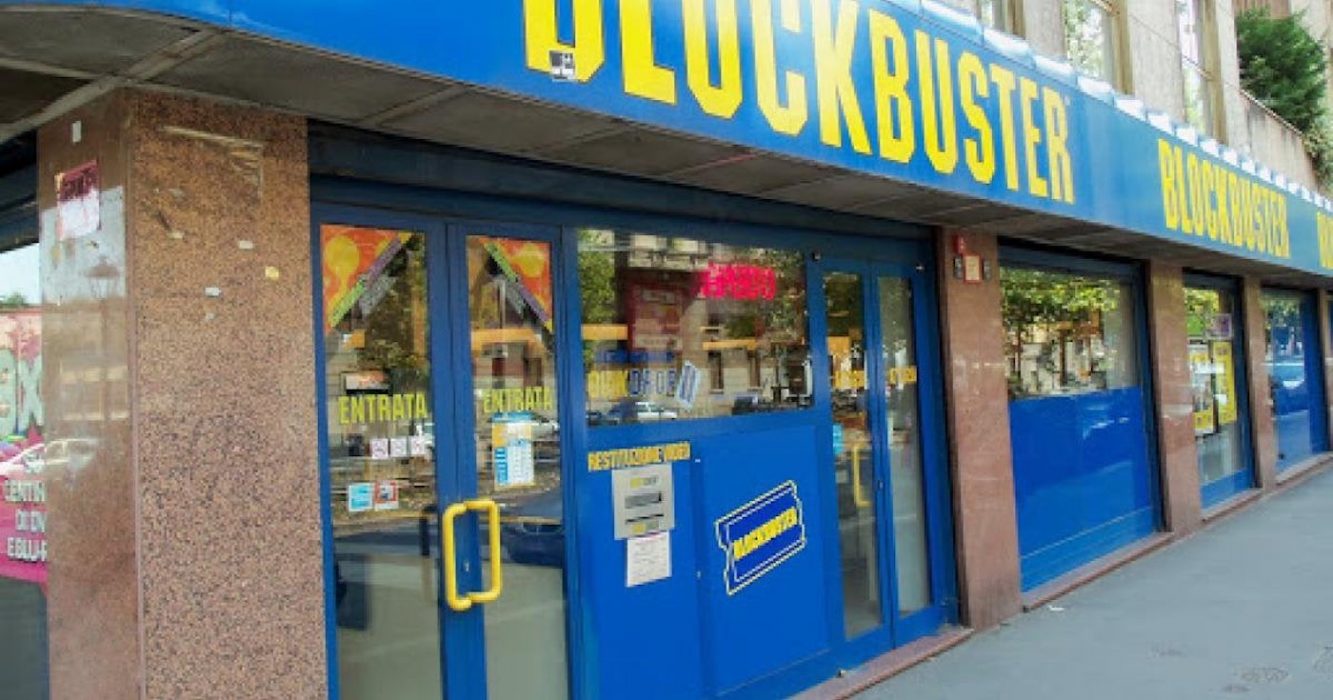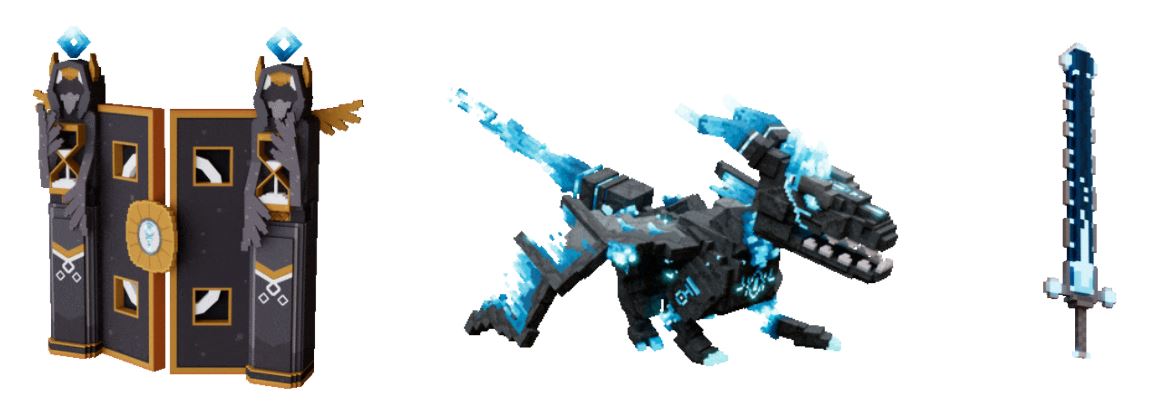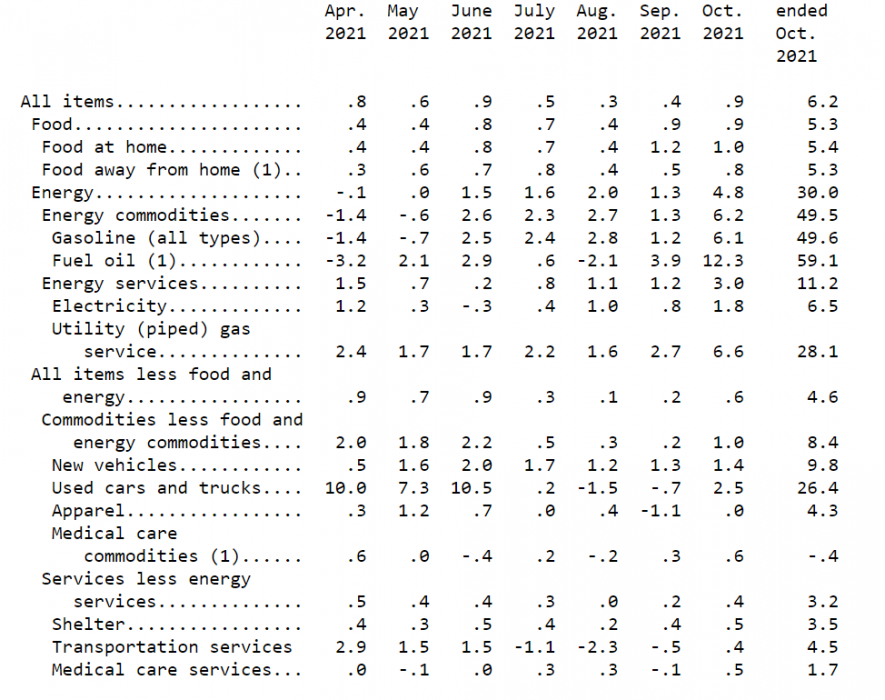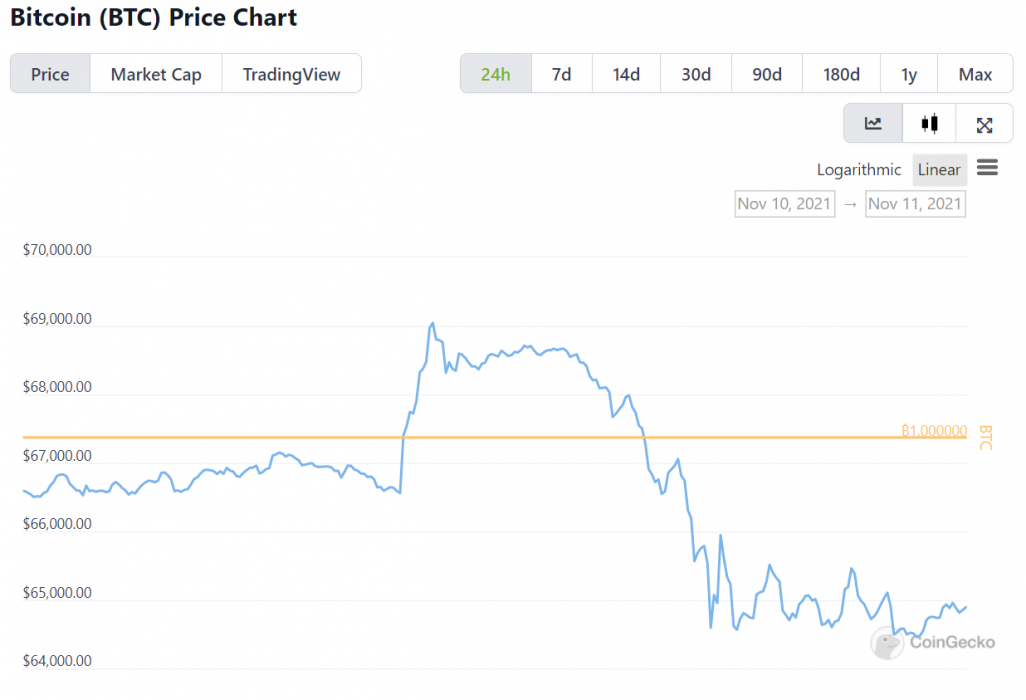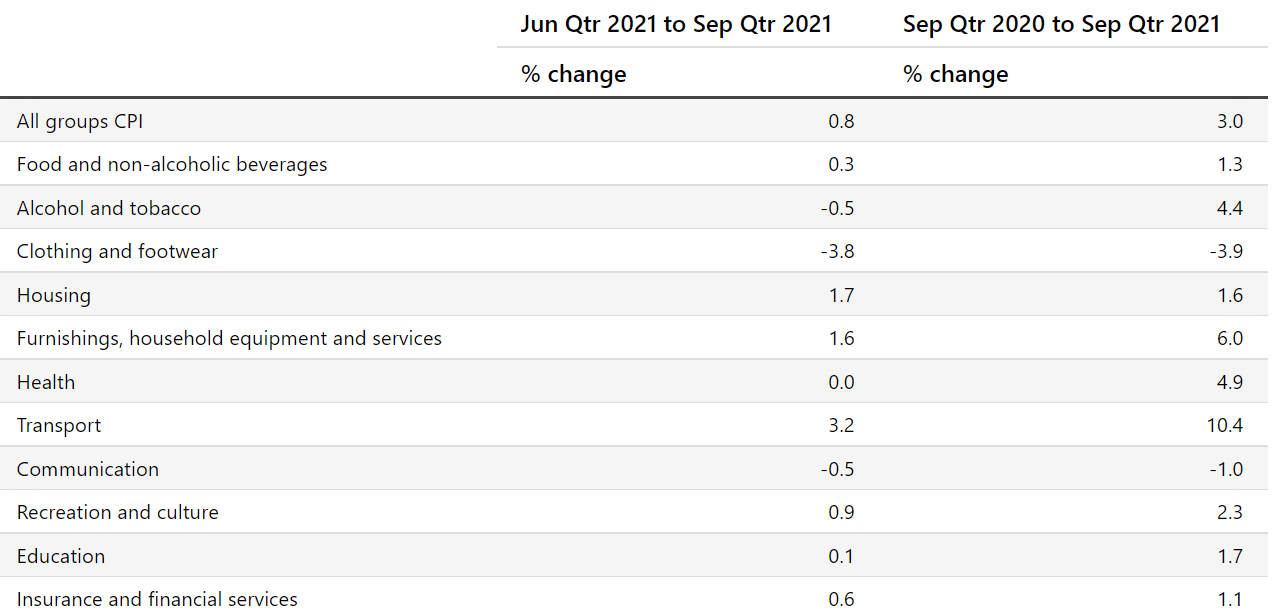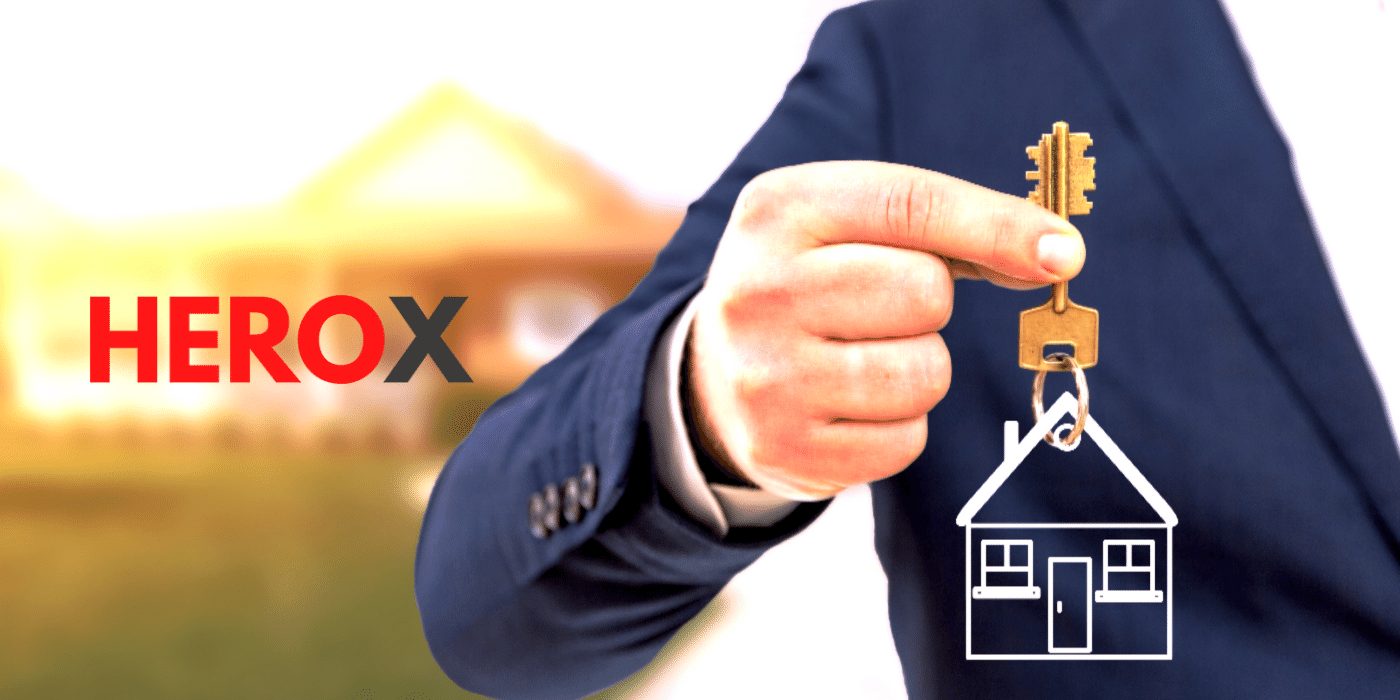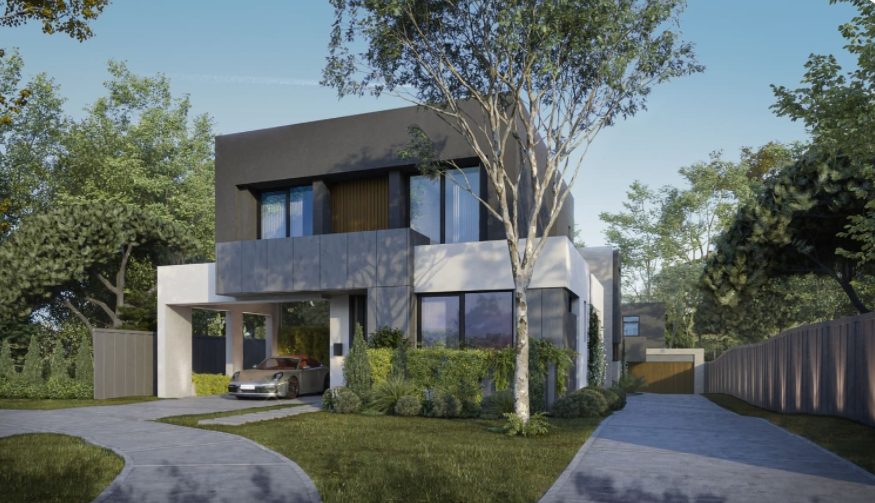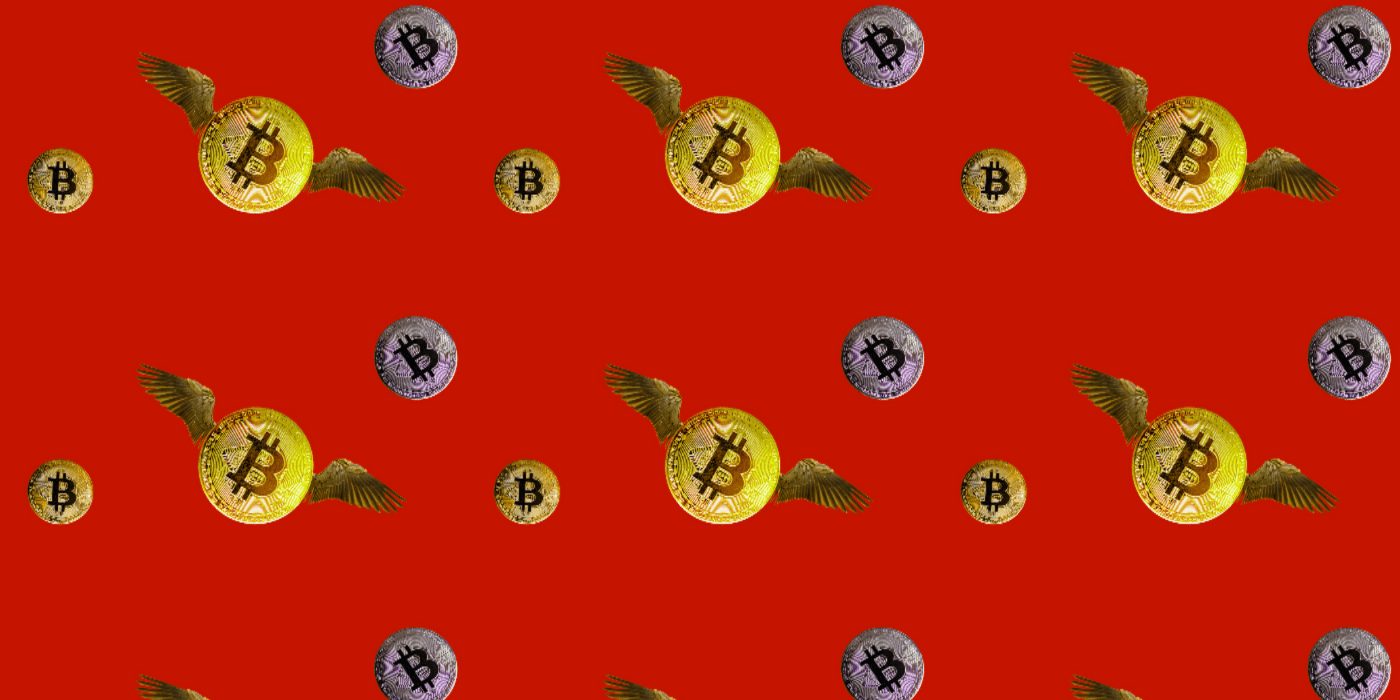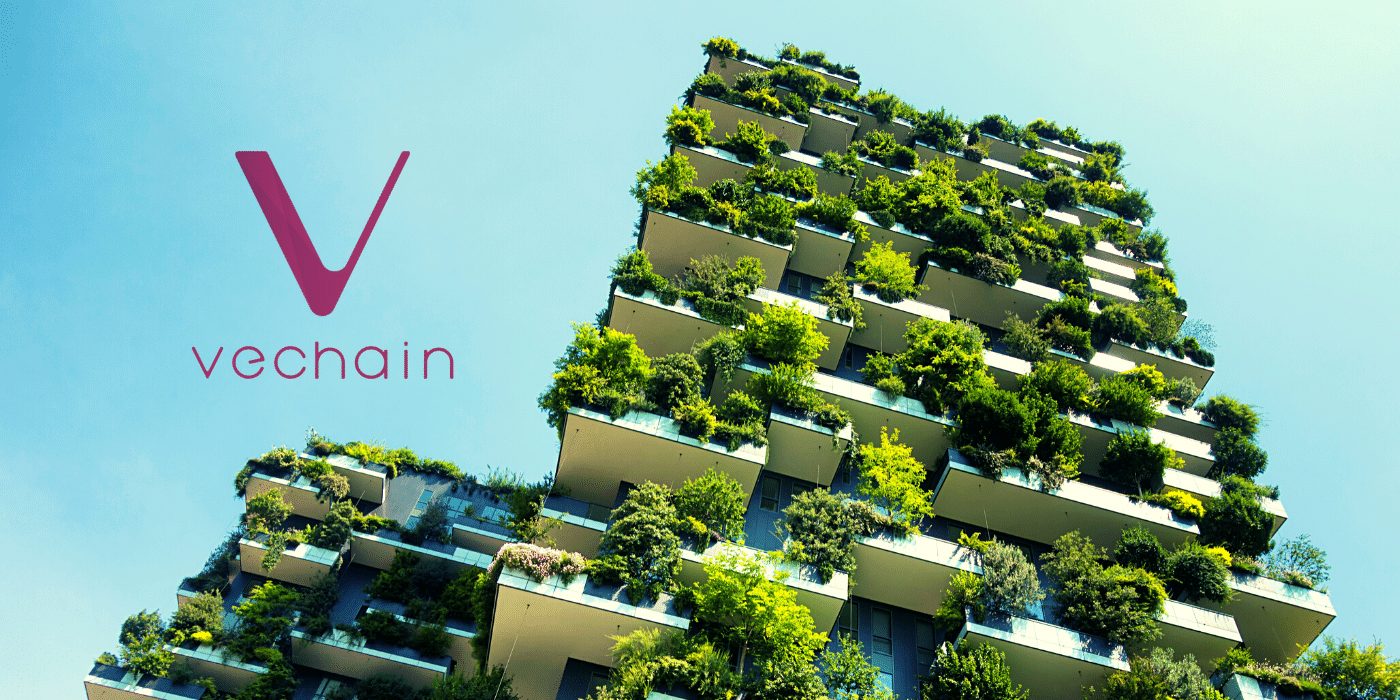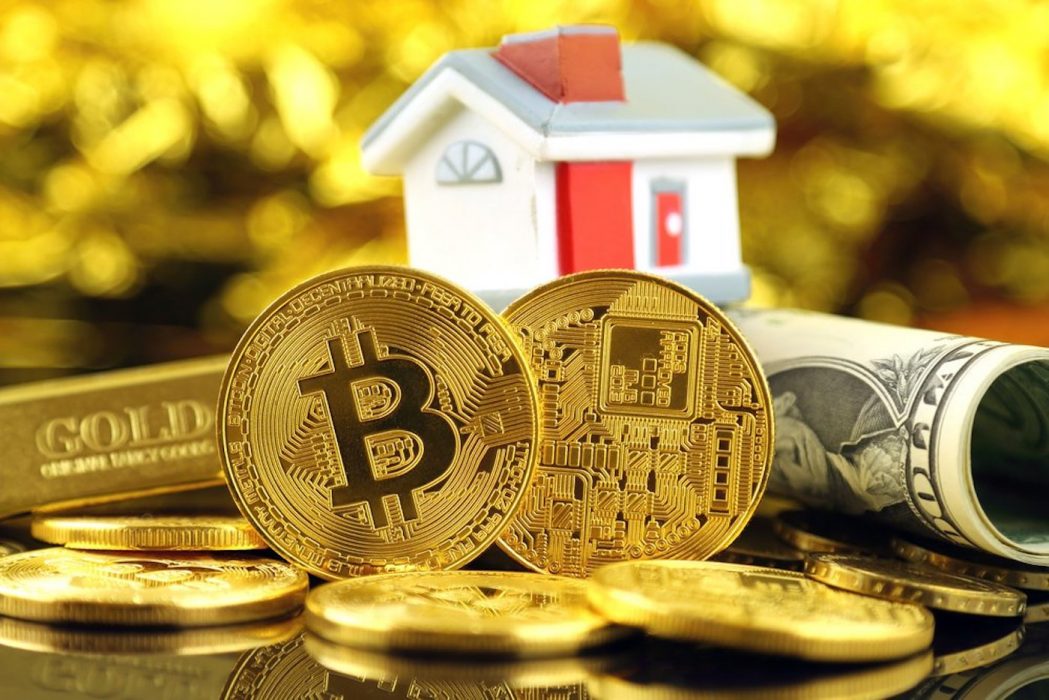Satoshi Island in Vanuatu is a real world blockchain use case where citizenship and all assets and rights are non-fungible tokens (NFTs) built on top of a decentralised financial system only operating in crypto.
In the South Pacific, nestled among the other islands of Vanuatu, there is a 297-hectare private holding called Satoshi Island under development to become a sustainable smart city dedicated to the crypto community.
Get Your Own Piece of Satoshi Island
The developers want to create a place where crypto enthusiasts and professionals can converge, with the goal of creating “the crypto capital of the world”. Individuals wanting to attain citizenship and own a piece of land on the island can do so by getting their hands on a Satoshi Island NFT:
The island will be built with blockchain technology at its heart, running the first real world crypto economy built on an entirely decentralised financial system and blockchain-based democracy. The developers of the island also welcome crypto projects to set up shop, offering the community networking opportunities and a way to live and work among like-minded people. With events planned all year round, inhabitants only need to keep their ear to the ground.

With the first stage of development already completed, early visitors will be greeted by classic-style villas. As the project progresses, the island will be further developed with ultra-modern modular sustainable houses and offices designed by renowned Hong Kong-based architectural firm Cybertecture.
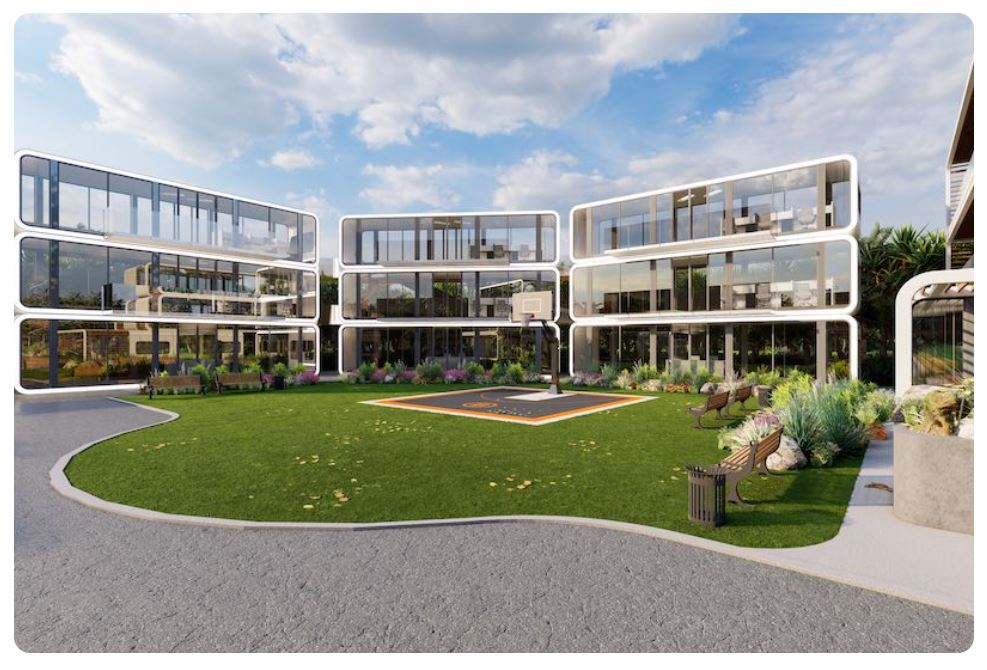
This idea is not unheard of; just last month, a group of cryptocurrency investors gathered capital through crowdfunding a Decentralised Autonomous Organisation (DAO) to buy a tokenised island in the Bahamas.
Get a Citizenship NFT for Satoshi Island
Anyone can visit Satoshi Island, but by holding a Citizenship NFT there are exclusive benefits to be had. These NFTs will be limited to 21,000 and will be released in collections. First-edition citizenships will be granted via airdrop to early supporters of the project, as detailed on its website.
The benefits of holding a Citizenship NFT are:
- voting rights on policies that govern the island;
- access to long-term accommodation at lower rates not available to short-term visitors; and
- citizenship holders with Land NFTs can develop property on their chosen space.
Island Has 2,100 Blocks of Land NFTs
The island has been subdivided into 2100 unique blocks of land, which anyone can own by purchasing a Land NFT. Each block is large enough to build a house on and those who own multiple Land NFTs can combine them to develop office blocks, mansions, or even apartment complexes to add to a unique property portfolio.
The private opening is envisaged for Q4 2022 with the public opening scheduled for Q1 2023. Once Satoshi Island is privately opened, citizens can visit short-term. After it is publicly opened, properties can be developed, occupied, or rented out to short and long-stay guests.




